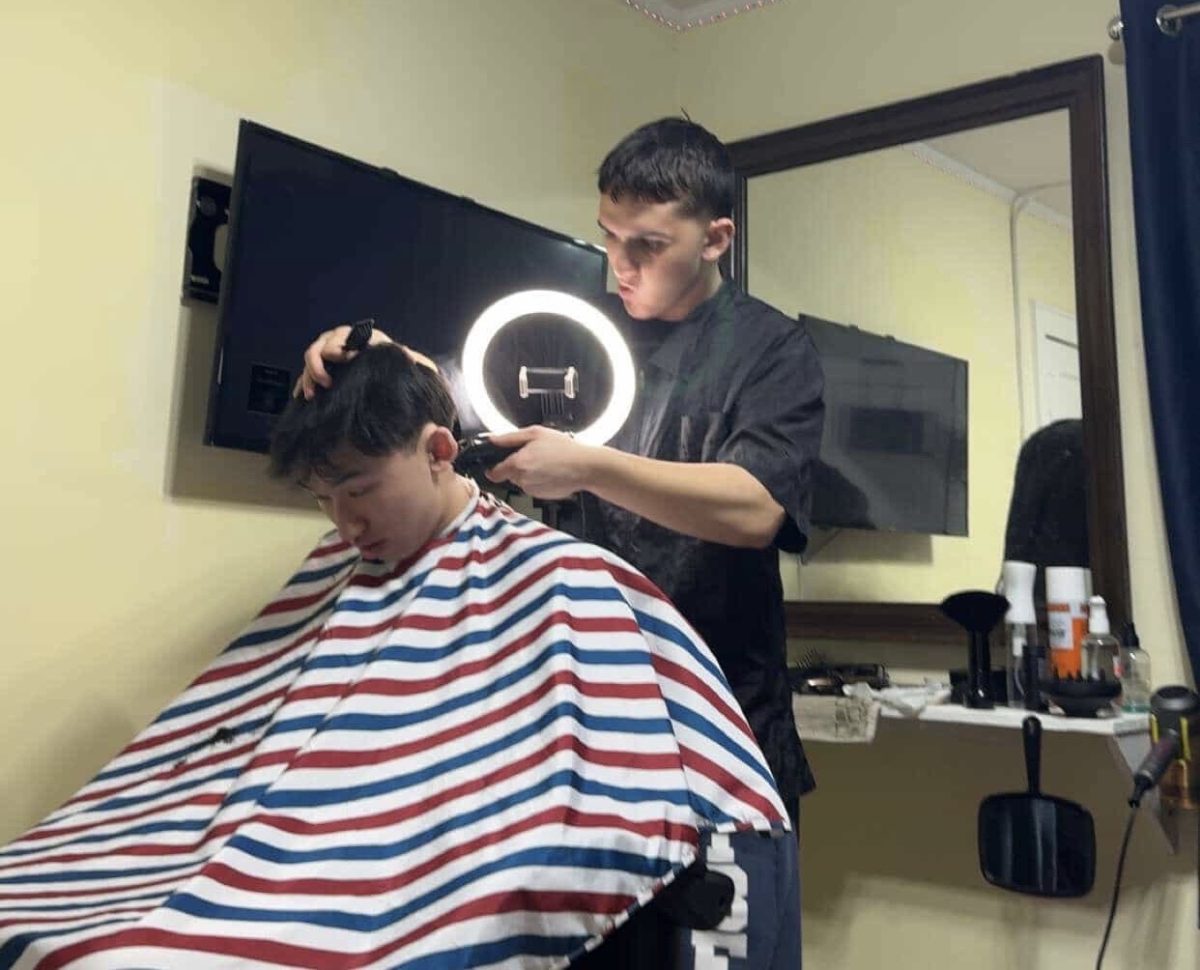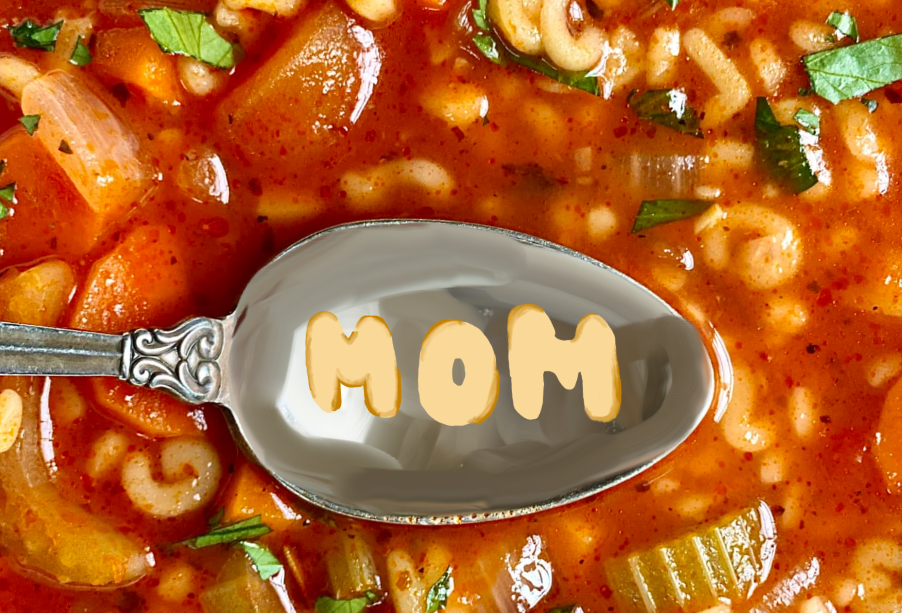
By Noah Sheidlower
Sitting at his piano, freshman Benjamin Rossen plays a series of notes, records them on a sheet of composition paper, and transfers his ideas to a music notation software on his computer. With a piano melody already written for his new piece, Rossen adds a part for violin, viola, flute, and oboe, depicting an ominous yet hopeful mood through dynamic contrast and powerful articulation. When each part has been added to the software, Rossen proofreads the digital score, ensuring that each instrument blends to produce one cohesive, flowing piece.
Rossen, a piano and French horn player, has been composing music for solo piano, chamber ensembles, and full orchestras for over five years, performing his piano solos at recitals and school music nights. Rossen currently studies composition and music theory at Manhattan School of Music Precollege (MSM), learning how to express emotion through different styles of music.
“MSM is an interactive environment that allows me to experience music making first-hand,” he said. “What I love about MSM is that we explore beyond the limits of monotonous exercises and standardized tests and experience abnormal, dissonant music that inspires my compositions.”
Rossen started composition in elementary school as soon as he learned how to read music during piano lessons. He used elements of the pieces he practiced to develop short compositions that he would share with his teacher. At ten years old, Rossen began studying the techniques of Beethoven, Brahms, and other renowned composers at MSM, where he was “ushered to create something just as powerful as their works.” For the next few years, Rossen would spend hours writing music that incorporated both themes from major orchestral compositions as well as his his original ideas.
“I was recently introduced to Stravinsky’s ballet Rite of Spring, and as a result, I was inspired to write a lot of my own compositions based on the rhythmic complexity and instrumentation of that epic composition,” Rossen reflected.
In order to implement such complex techniques into his compositions, Rossen purchased Finale, a composition software for computers that connects to an electronic piano and transforms any notes played into notation format. With Finale, Rossen edits parts for every instrument in an orchestra on a single document, adding dynamic markings, tempo shifts, and key changes. When away from home, Rossen also uses Notion, an iOS platform with similar notation capabilities as Finale.
With each finished piece, Rossen pushes himself to not only study an unfamiliar composer’s works but also compose new music in an unexplored genre. Rossen, who often bases his music off of sounds from nature and emotions from current events, hopes to advance his techniques while conveying a message about societal changes.
“There are so many stories and emotions that haven’t been discovered throughout the world due to the murk of politics, subjectivity, and tension,” Rossen said. “Musicians like myself have a mission to spread these stories and emotions through the universality of music.”
Aiming to spread this mission with others, Rossen looks to inspire young musicians to not only learn composition theory but also showcase one’s individuality within the small black notes on the page.
“Composition is about learning to express one’s emotions and societal views through melodies and instrumentation,” Rossen said. “In order to succeed, the next generation of musicians must offer something unique, a quality that will change classical music for the better.”





